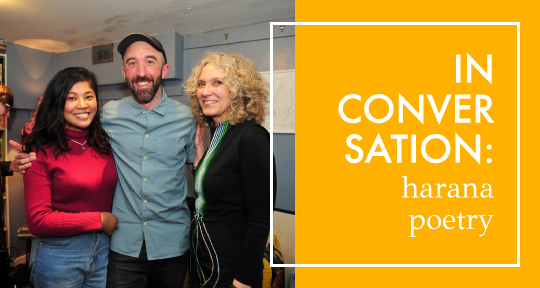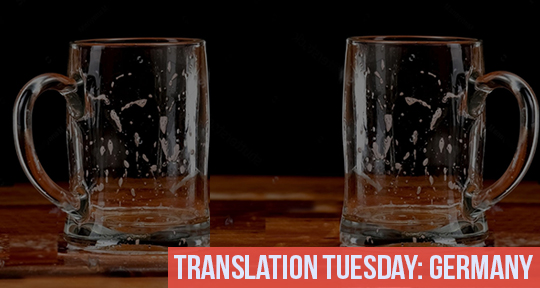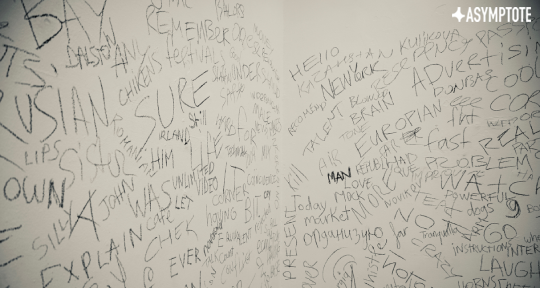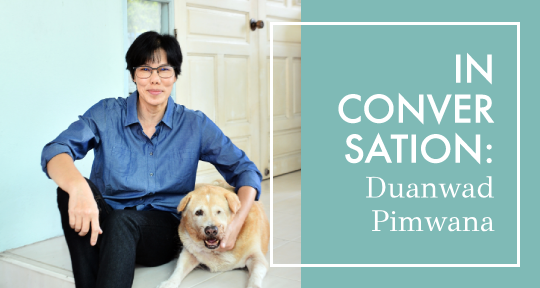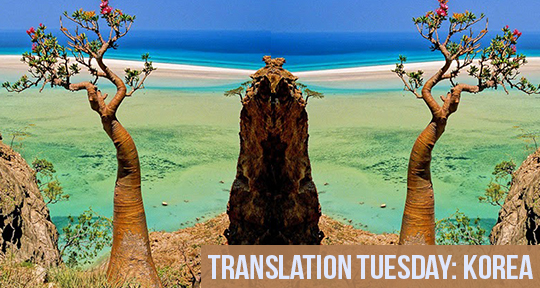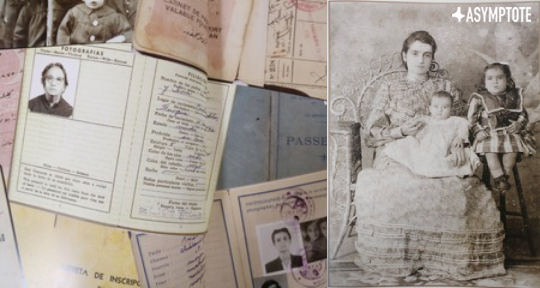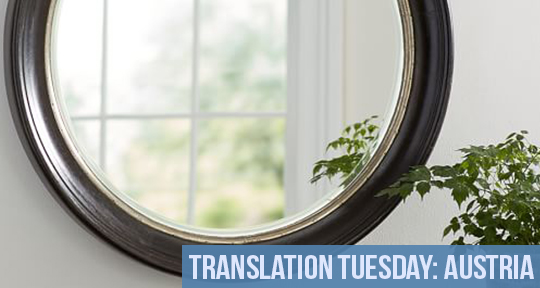News of the Man Booker International winner has made its way around the senses of the literary-minded public around the world, but we are here with a personal take on its winner, and why this unprecedented win has earned its accolades and perhaps could also potentially earn a place on your shelf. Also on our list is the incredibly poetic nation of Romania, who presented a manifold of verse champions for Bucharest’s International Poetry Festival. Reporting from amongst the greats are our editors at the front.
Barbara Halla, Editor-at-Large, covering the Man Booker International 2019
I was many things the night of the Man Booker International announcement, but gracious wasn’t one of them. Before the announcement was made on May 21, I wrote for Asymptote about my thoughts on the longlist and (correctly) predicted that Celestial Bodies by Jokha Alharthi, translated from the Arabic by Marilyn Booth and published by Scottish indie Sandstone Press, would win it. Celestial Bodies represents many firsts in the prize’s history: it is the first book written in Arabic to win the prize, as well as the first book by an Omani author (in fact, Jokha Alharthi is the first female Omani author to ever be translated into English) and with a Scottish press to do so. Although its win was a bit of a surprise to others (being as it was surrounded by books receiving a lot more press and praise), the judges seemed quite taken with it. Talking to Five Books, and even during her announcement, chair of the judges, Bettany Hughes, highlighted one particular line from Celestial Bodies that she believed embodies the spirit of the prize itself: “We get to know ourselves better in new, strange places.”



